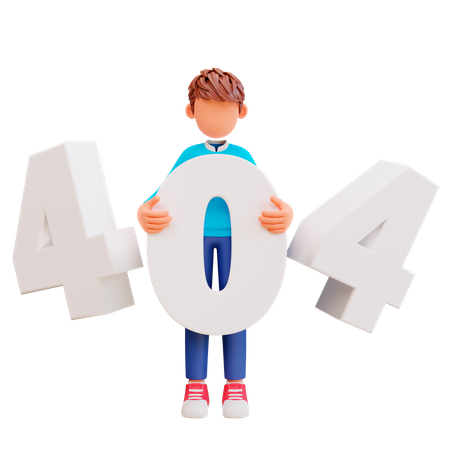Whoops!
Seems that you're lost

Page Not Found
The page you’re looking for might been renamed, deleted or might have never existed.

The page you’re looking for might been renamed, deleted or might have never existed.
© 2025 U-Thrive Educational Services, LLC. U-Thrive Educational Services is a registered trademark. All content is copyrighted and proprietary to U-Thrive Educational Services and is not to be duplicated or reproduced.